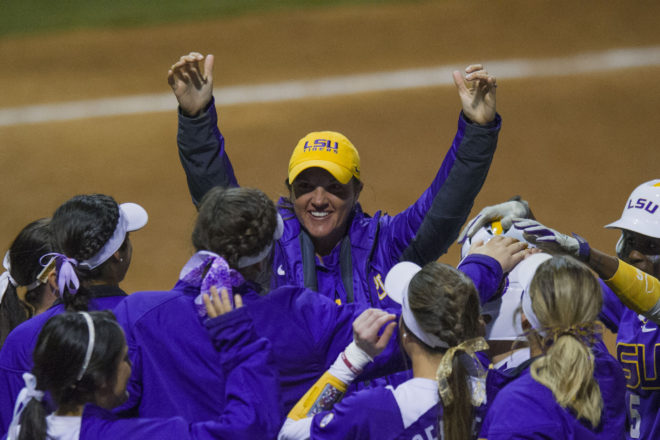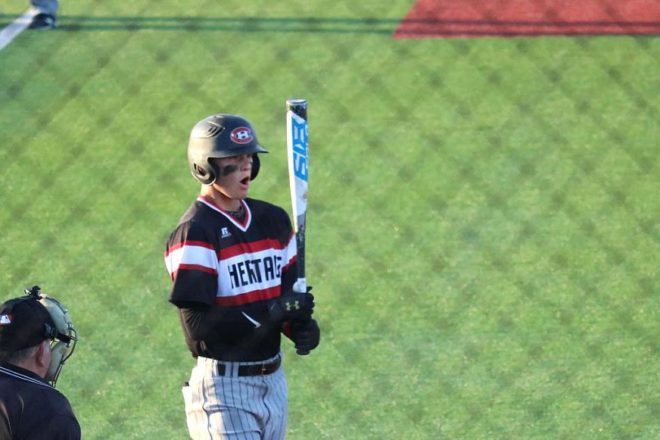Performance in competitive sports is a constant cycle of:
- prepare
- compete
- reflect
Now ask yourself these three questions:
- How much time goes into preparing for competition?
- How much time goes into actually competing?
- How much time is invested in reflecting on that performance?
Seriously, slow down and come up with an estimate for the time spent in each category during a typical week.
Most, if they are being honest, would answer by saying they spend the majority of their time: practicing, training, and competing.
The problem is reflection is where most of the growth happens.
If you’re skipping reflection you don’t even necessarily know what adjustments you need to make for your next round of preparation and performance.
That’s why today’s lesson will focus on the reflect component of the 3-Step Success Cycle and you can find and extract these lessons to improve your next performance.
Watch Your Yourself on Video
Evaluate the entire presence of your performance including the mechanics of your performance, the strategy of your performance, and the body language you used throughout your performance.
Evaluate yourself just like you would if you were looking at game tape and you were trying to scout an opponent. You’ve got to scout yourself to find both your strengths and weaknesses.
Use the Journaling Prompts
Well-Better-How
I teach two versions of post game journaling. One is a Well-Better-How journal. Ask yourself 3 questions:
- What did I do well?
- What can I do better next time?
- How am I going to prepare for the next performance?
Start-Stop-Continue
- What do I need to start doing?
- What do I need to stop doing?
- What should I continue doing?
You can write either of these journals after the competition is over. You can do it before you take the uniform off in the locker room, or back home before you take a shower to wash off the day.
Kobe Bryant’s Secret for Success
Kobe Bryant used post competition reflection strategies.
He talked about it on a podcast with Lewis Howes. The School of Greatness podcast featured a clip with Kobe Bryant talking about how after every game, whether you win or lose, you have to process it the same way.
Whether you win or you lose, you ask yourself, what did I do well? What do I want to do better? How am I going to do the things that I did well again? And moving forward, how do I improve upon the things I want to do better?
So Kobe Bryant, one of the greatest of all time used a well-better-how process to reflect on his performance, whether he won or whether he lost.
The outcome of the performance is neutral until you label it as good or bad. Now, the win or loss is dictated by the scoreboard, but we don’t win or lose.
We win or learn and the way we learn is by doing a reflection journal.
Team Reflection
Some of the best coaches I’ve been around divide their team into smaller groups based on their position or a certain aspect of the game like defense, offense, or culture.
These smaller groups do a Start-Stop-Continue journal together and then report back to the whole team and say, defensively continue doing this, offensively we need to continue doing ____, etc…
This process is especially important because it allows the team to be player-led instead of being coach-fed all the time.
The Well-Better-How journal and Start-Stop-Continue reflection are ways for you and your team to extract the learning which will lead to more specific and better preparation moving forward.
Stick to this process and the your performances (result) will continue to get better.
I encourage you to go through the reflection process of a Well-Better-How journal for your personal growth and a Start-Stop-Continue reflection based on your team’s recent performance.
Generate a discussion with your team about what you can learn both individually and collectively as a group.
Set specific goals for your next round of preparation and performance then get to work.
Ready to take your mental game to the next level?
Complete the form below to get access to my FREE 3-Day mini course—one specific for athletes and the other for coaches.


